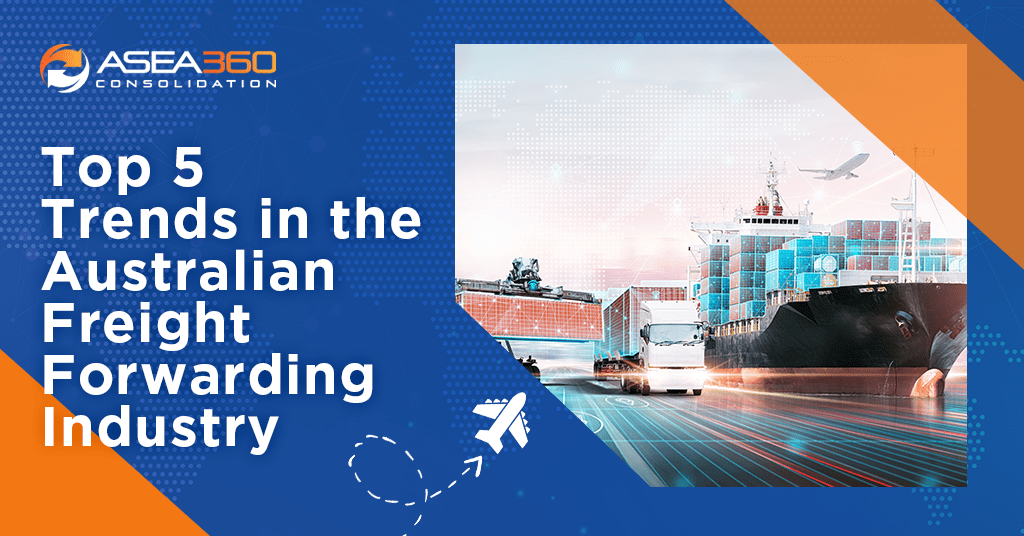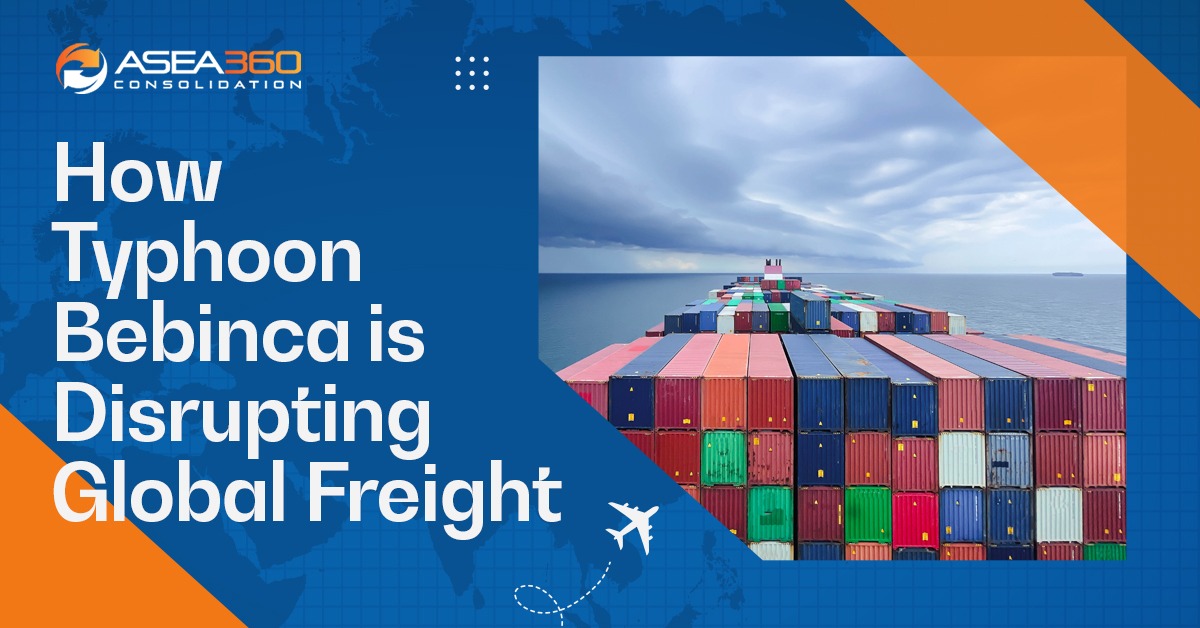Introduction:
The Australian freight forwarding landscape is evolving rapidly. Whether you’re an industry leader or just starting in logistics, staying updated on current trends is critical. In this post, we explore the five major trends reshaping the industry and how they’re influencing freight forwarders’ operations in Australia.
1. Digital Transformation in Freight Forwarding
The logistics industry is adopting cutting-edge technologies like Artificial Intelligence (AI), Internet of Things (IoT), and blockchain to streamline supply chains, improve efficiency, and offer real-time visibility into freight movements. Tools such as automated booking systems, route optimisation algorithms, and freight tracking platforms are becoming standard in forwarders’ operations, allowing businesses to scale and deliver goods more efficiently.
2. Sustainability and Green Logistics
Environmental concerns are taking centre stage, pushing companies to rethink their logistics strategies. From reducing carbon emissions in transportation to adopting energy-efficient warehousing solutions, freight forwarders are now focused on sustainability. This trend includes the use of cleaner fuels, electric or hybrid vehicles, and even collaborating with eco-friendly carriers.
3. E-Commerce Growth Driving Increased Freight Demands
With the surge of online shopping, e-commerce has fundamentally altered the freight forwarding industry. Freight forwarders are witnessing increased demand for faster shipping and better handling of smaller, high-frequency shipments. For ASEA360, this means focusing on optimising last-mile deliveries and ensuring that e-commerce companies receive consistent, reliable freight services to meet customer expectations for speed and efficiency.
4. Navigating Complex Customs and Regulatory Changes
Freight forwarders face an ever-changing regulatory environment. Customs policies and trade regulations across Australia and globally continue to shift, making compliance a key concern. By keeping up with regulatory updates and working closely with customs authorities, ASEA360 helps freight forwarders reduce the complexities around international trade, minimising delays and unnecessary fees. And expedite the customs clearance process for timely deliveries.
5. Managing Global Supply Chain Disruptions
Supply chain disruptions caused by global factors like port congestion, labour shortages, and geopolitical tensions have heightened the need for flexible and resilient logistics operations. ASEA360 offers agile freight forwarding solutions, ensuring timely deliveries despite external disruptions. By optimising shipping schedules and finding alternative routes, we help mitigate the risks associated with supply chain interruptions.
Conclusion:
Freight forwarders in Australia are facing unprecedented challenges and opportunities. By staying ahead of these trends and investing in innovative solutions, companies can maintain a competitive edge and ensure long-term success. ASEA360 is committed to helping businesses adapt to these changes with our expert logistics and freight solutions.




